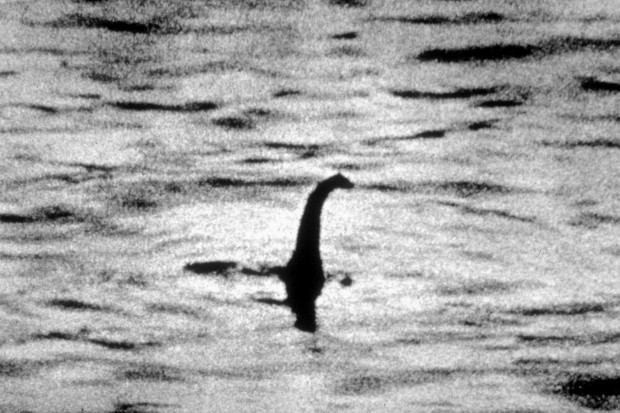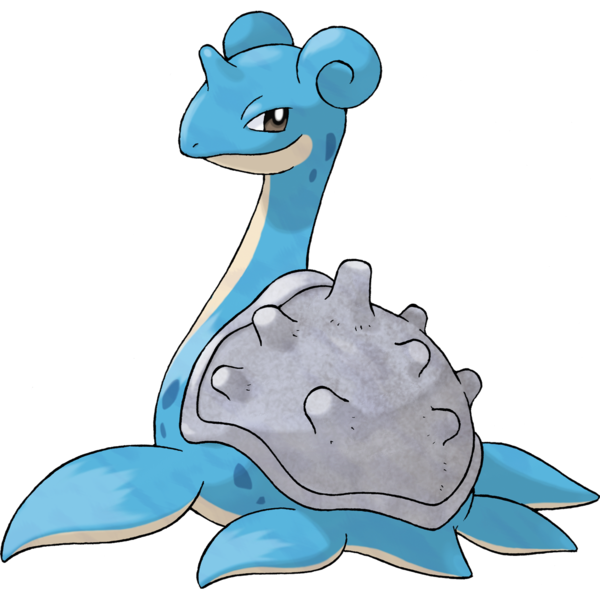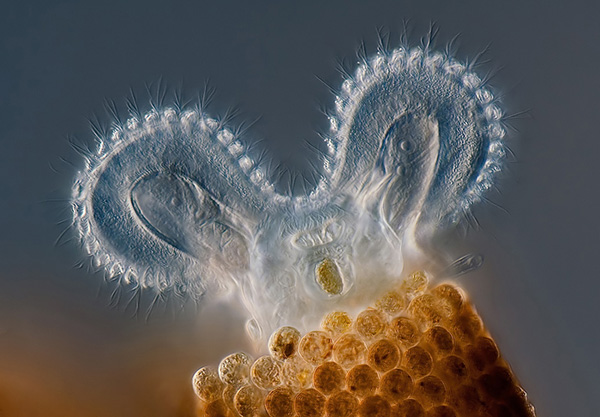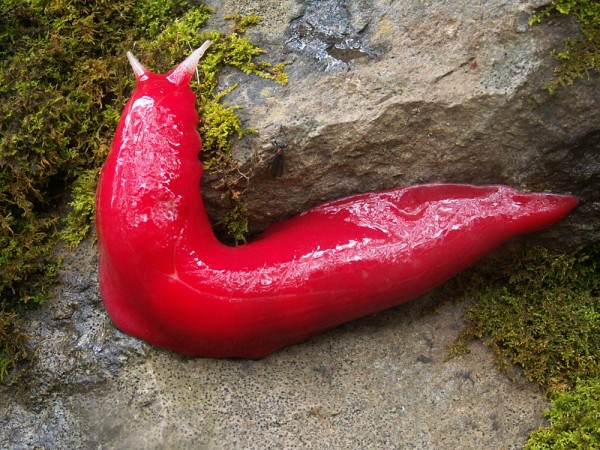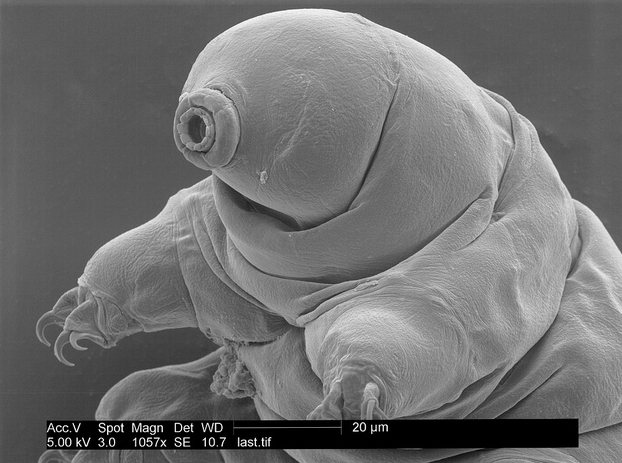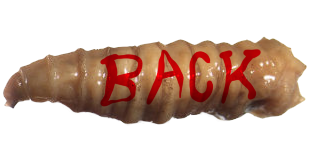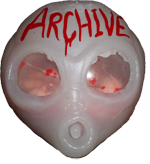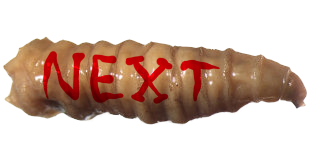CLASSIC CRYPTID REVIEWS VI:
Nessie
All the way back in about 2003 or 2004, my mother packed up almost everything she owned into a moving van that was subsequently stolen from a hotel parking lot, not a single item ever retrieved.
But somewhere, buried deep in one of those musty boxes, now possibly adrift almost anywhere in the world, is a cassette tape on which she attempted to record herself practicing guitar.
If you play this cassette tape, only a few seconds of music will pass by before they are interrupted by an incredibly tiny yet incredibly loud, shrill and overwhelmingly excited voice.
"MOMMY!!! THERE'S A
LOCH NESS MONSTER
THERE'S A
LOCH NESS MONSTER MOMMY
AND THEY CAN'T CATCH HIM
THEY CAN'T CATCH HIM!!!!"
I guess my three-year-old self had been left watching TV in the living room when an episode of Unsolved Mysteries introduced me to the concept of the Loch Ness Monster and the entire concept of mystery creatures for the first time in my tiny life, and the suggestion that there might possibly be some sort of actual, real live "monster" out there positively blew my little brains out.
So exciting was this possibility, my mind dared not entertain that it was only a possibility. Not for one moment. I didn't believe in Santa Claus, I didn't believe in magic and I already thought adults might be pulling my leg about some kinda "god" guy, but I had zero doubt that Nessie was a real, actual sea reptile still alive and well in Scotland.
In fact, I can vividly recall deciding "god" might definitely exist solely to ask him via prayer to confirm what I already knew about Nessie, and feeling smugly satisfied by the subsequent "answer," living in total denial that I deliberately imagined the voice of God Himself beaming "YES, NESSIE IS REAL" into the back of my brain.
For years, I consumed book upon book about the mysteries of the loch and other "lake monsters." I wrote grade-school presentations on Nessie. I wrote original fiction on Nessie. I chattered for hours to zoned-out adults about how huge, murky and largely unexplored the loch actually was. How people had even taken lie detector tests about their monster sightings, and really, why would anybody lie about something like that?! What could they ever possibly have to gain! Don't be ridiculous! We didn't even know gorillas were real for a while! We thought giant squids were imagined by drunken sailors!
IT.
ALL.
ADDS.
UP.
...Except, of course, that it doesn't, and it never did.
We live in an age in which the vast majority of the free world is carrying a reliable pocket-sized camera on them at virtually all times, and yet, the only "evidence" we have of monsters such as Nessie remain a few grainy photographs of stick-shaped objects from over twenty years ago. If there had ever been anything to this and countless other "monster" legends, evidence would have only escalated as recording technology became exponentially more accessible.
...But it didn't.
Just like the mass migration of professional "monster hunters," countless tourists and hefty bounties failed to scrounge up any more evidence either.
This would be for several reasons. Most notably, the entire Loch Ness legend only began with a photograph proven to have been a hoax. Any and all claims that the legend goes back farther in history are in themselves tall tales for the benefit of tourists. The entire loch was frozen solid until millions of years after the last plesiosaur haunted the seas, and its ecosystem could never possibly sustain a predator larger than a somewhat large-ish catfish anyway.
Fortunately, my realization of all this was not some sudden, heartbreaking death of innocence. Over time, I just sort of gradually lost interest in lake monsters. So too did I slowly care less and less about all those bigfeet supposedly running around, and the dinosaurs said to inhabit the depths of the Amazon jungle, and the goatsuckers and mothmen and every cryptowhosit I once dreamed day and night of one day hunting and investigating myself.
And I know exactly why this happened, and how this happened, and I'm glad.
Even as a kid, my interest in real biology was always in heavy competition with my interest in the paranormal, but as the latter slowly drifted away from the realm of plausibility, the former increasingly eclipsed the magic and wonder of anything anybody could make up out of smudgy polaroids.
I didn't even realize it at the time, but the very first moment I learned about Cymothoa exigua - the parasitic isopod that replaces its host's tongue - I was every bit as awed and excited as I might have been if you showed me proof of a modern, living plesiosaurus.
When I look back on my obsession with "cryptids," it's hard to even fathom what had me so excited over a few oversized reptiles and apes when we live in a world of stinger-stealing nudibranchs, skull-shattering stomatopods and brain-jacking parasitoid wasps.
Cryptids injected some "magic" into my world at a young age, it's true, but I think a part of my only felt that way because the adult world felt that way. Because our culture told me, at every turn, that nothing is quite as special once stuffy old "science" already knows it exists.
Even what I know now about ordinary garden slugs is more incredible to me than a skunk ape or a kongamato ever could have been. Society shows its bias towards charismatic megafauna all too clearly when the discovery of a new millipede lineage or deepest-dwelling nematode worm is met with yawns from the public at large.
If you're not a bio enthusiast or a frequent reader of this website, were you aware yet that mollusks known as chitons see the world through nodules of stone that function as eyes? Did you know that there are tiny beetles who evolved to hunt down and slaughter their own frog and toad predators? Did you know about the caterpillars that bend ants to their will or that a group of jellyfish relatives evolved into nothing but a parasitic, infectious slime? How about plant communication? Look up plant communication. Look up the mycelial network.
I'm not going to say "cryptozoologists" are wasting their lives chasing Mokele-Mbembe instead of new species of deep-sea tardigrade, but...
...Okay...I am actually kind of slightly saying that.
...Especially when so much of this amazing, unbelievable, bizarre natural world is slipping through our fingers entirely because so many of us can't be assed to find it even as exciting as things we know are purely fiction.
Please, even if you have already, just take a moment to watch one of my favorite things in the entire world, Vampyroteuthis infernalis, and marvel at the fact that we had no idea what this animal ate until a year or two ago.
Poop. This squid eats POOP. Every single other cephalopod eats living prey, but this glow-in-the-dark shadow monster lives in a desolate, oxygen-starved wasteland of open ocean where it catches all the rot and dirt and poop floating down from above.
That is FAN. TASTIC. How can anything like that be for real!?
In fact, you want to know something else about Vampyroteuthis?
This animal is an actual survivor from the era of the Plesiosaurs. Fossil evidence tells us that similar "vampire squid" were once common throughout the ocean, but environmental changes eventually drove the last of them to seek refuge in an aquatic environment inhospitable to most of the competition.
Not only is this an actual prehistoric sea-creature unchanged for eons in its own "lost world," but it's weirder on every single level than everything we know about plesiosaurs, and still cryptic enough that we not only JUST learned it's a poop-eater, but we still have yet to learn anything about its mating habits or its life cycle.
I still like cryptids, I do, just as I also still like all those other things I know are purely fiction. If I didn't, I wouldn't write meticulous reviews of video game creatures and monster toys, would I?
Cryptids are fun characters, and I HAD fun when I still believed that they might really be out there...but I guess something in me just grew to appreciate so much more about the natural world, on so many more levels, that I just stopped needing Nessie to be real, in the same way that we might stop needing an imaginary friend as we collect more real, live social experiences.
Cryptozoology has a fascinating history, and I can respect people who still get a kick out of it, but Original Flavor Zoology holds no shortage of weirder, wilder mysteries to unravel, and moreso every year that tics by, we need everybody we can get to hop on board with that sentiment.

